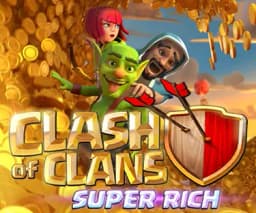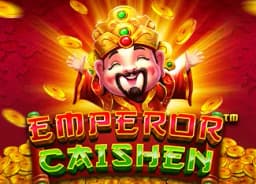Login KSTOTO untuk Akses Slot Gacor Malam Ini dengan RTP Tertinggi
Bagi para pecinta judi online, Kstoto login adalah langkah pertama untuk menikmati berbagai permainan slot gacor dengan RTP tertinggi. Tidak hanya itu, Anda juga bisa menemukan slot 5000 yang sangat populer di kalangan pemain.
Segera kunjungi situs slot gacor malam ini untuk pengalaman bermain yang tak terlupakan.
Nikmati Berbagai Bonus Menarik di Situs Slot
Selain permainan yang menarik, situs slot kami juga menawarkan berbagai bonus seperti Free Spin, Bonus Koin / Chip, dan Mystery Box / Lucky Box.
Bonus-bonus ini tentu saja akan meningkatkan peluang Anda untuk menang besar di slot gacor malam ini.
Server Tele dan Slot Tele untuk Pengalaman Bermain yang Lebih Baik
Kami menggunakan server tele terbaik untuk memastikan pengalaman bermain slot tele Anda lancar tanpa hambatan. Bergabunglah sekarang juga dengan KSTOTO dan rasakan sendiri keunggulan bermain di platform kami.














